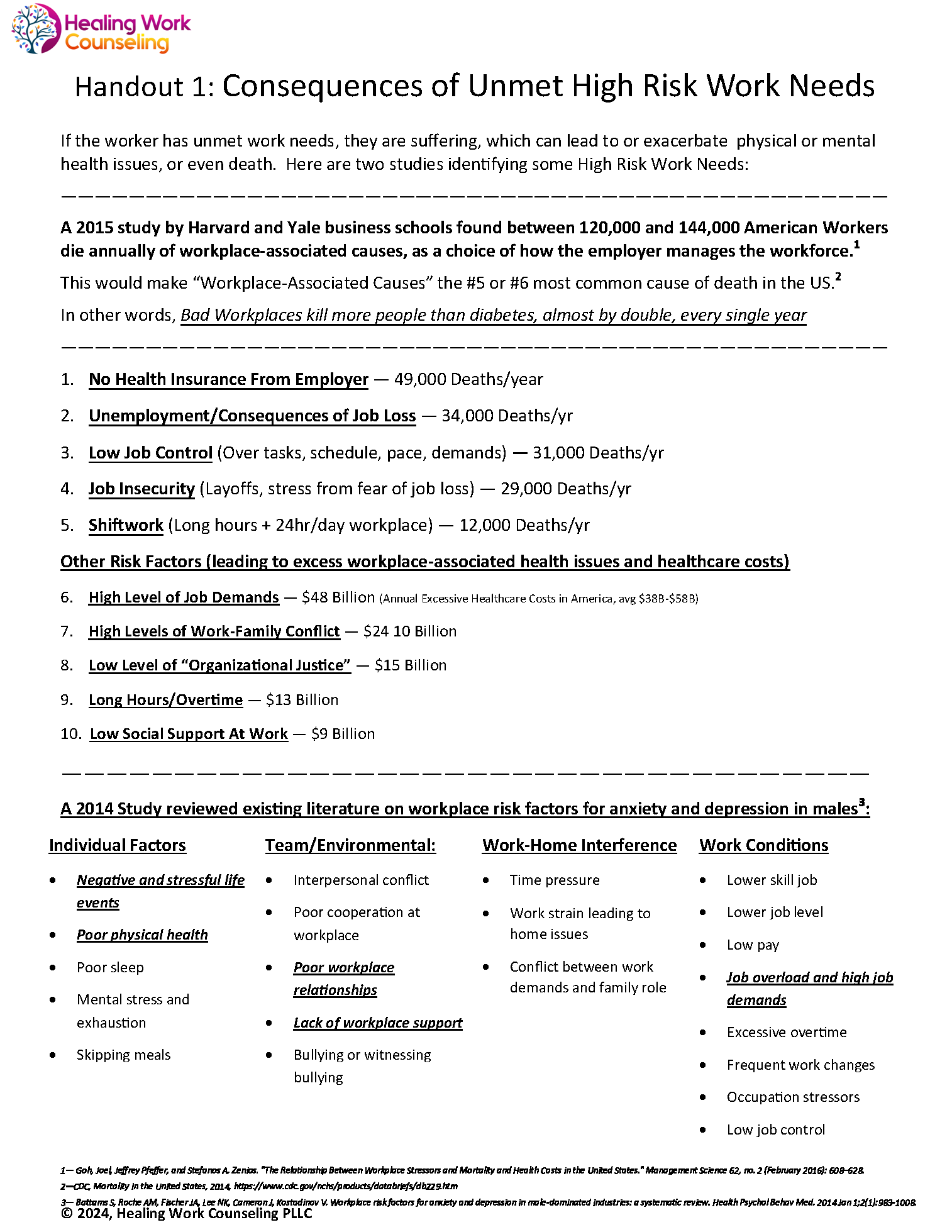Frequently Asked Questions
-
I work with multiple group practices to accept many insurance plans, including Kaiser Permanente, Anthem BCBS, Blue Cross Blue Shield, Cigna, United Healthcare, Optum, Select Health, Carelon Behavioral Health, and Oxford Health.
I have limited space for insurance clients, and I currently am accepting new clients using insurance.
I don’t accept plans with Medicare or Medicaid at this time. This may change in early 2026.
-
For mental health and addiction counseling services I can only work with clients who are currently located in Colorado.
For career coaching and workplace intervention services, I can often work with clients across the United States. Contact me with details
-
Yes! I have an office in Denver, Colorado near I-25 and Colorado Blvd.
-
I use Therapy Appointment for my scheduling. You can click here to see my current schedule and schedule yourself for a free 15-minute video meeting.
You can also contact me here with any questions.
-
A theoretical model that guides counselors or coaches working with clients.
It is presently the only mental health treatment model that focuses on issues related to working and the only model that focuses on helping workers meet their work related needs.
EWC can be utilized by the individual worker or by experts such as career coaches, mental health providers and social workers.
EWC first aims to help the individual worker, manager, or owner, and can also be applied to help the struggling company.
-
The counselor or coach interviews the client, and helps them identify unmet work needs that are leading to distress.
They then assess whether these needs can be met at the current employer or whether a job change is necessary.
The counselor or coach then helps the client engage in the job seeking process, identifying their strengths, helping them translate these strengths as a job seeker, and walking them through all four phases of job seeking: Preparation, Applying, Interviewing, and Negotiating Offers.
-
Empowered Work Counseling is heavily based in Solution Focused Counseling and CBT and also draws tools from DBT and traditional dialectics, Motivational interviewing, Client-Centered Counseling, Strengths-Based Counseling, and also adopts tools from traditional career counseling.
-
No.
This would require formal research comparing the effectiveness of the EWC model versus either traditional counseling or career coaching.
EWC is falsifiable and can be researched in such a way in the future.
-
The EWC model is a creation of Healing Work Counseling, PLLC, a private mental health counseling practice owned by Thomas Stuart, MA, LPC, LAC
This model was created from 17 years experience helping workers in the mental health field, with the last 6 years being focused exclusively on the working client and their mental wellness.
It draws from several theoretical orientations, a library of over 80 primary research articles and counting, and nearly two decades of direct experience helping working clients.
-
The model focuses on helping the worker get their work needs met. These are the worker’s individual needs that can only be met by an employer.
The employer has a major interest in meeting the worker’s needs. If the worker is unhappy, they are not working well. If they are very unhappy, they may quit, or even unionize!
By focusing on helping the employer meet the individual worker’s needs again and again, they create a stronger, healthier, and more profitable workplace, and are labeled an Effective Employer.

